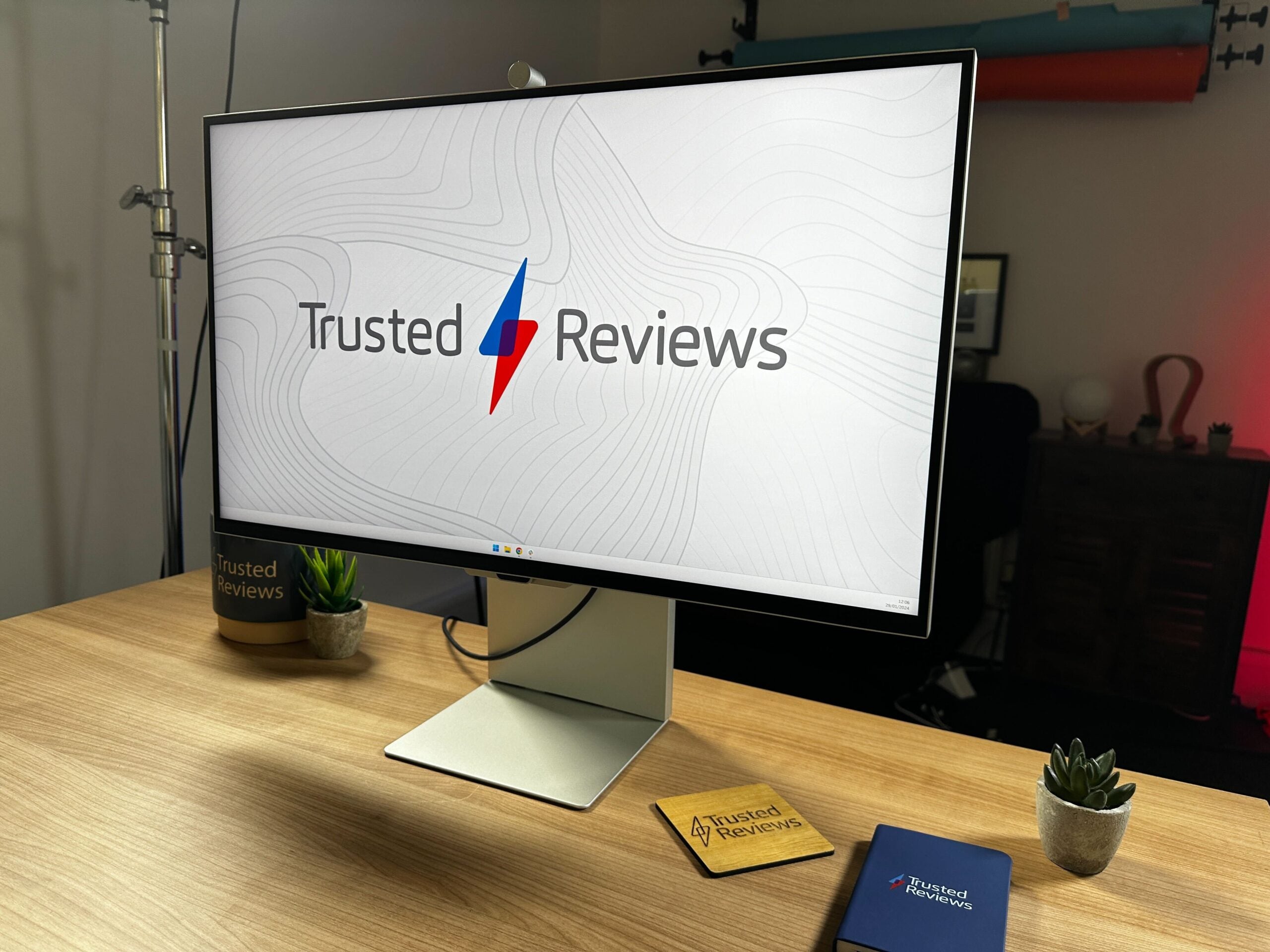Austrian Audio PG16 Review
A gaming headset with great audio quality
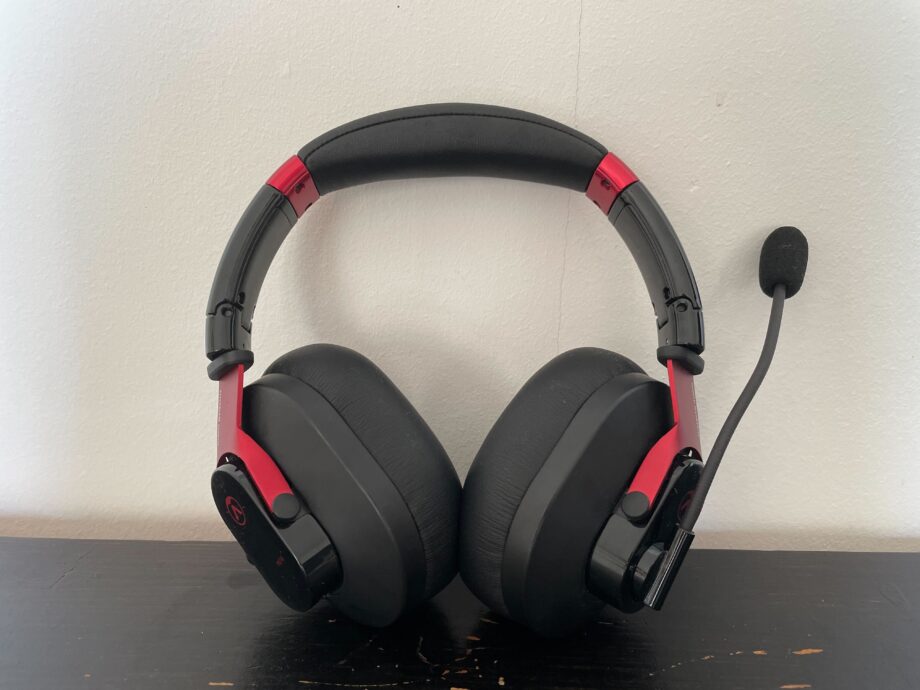

Verdict
The Austrian Audio PG16 gaming headset provides great audio and is very comfortable to wear thanks to the padded earcups and flexible headband. It is supported by a companion app that can be found from a third-party company or Steam, although it is only available on Windows and Mac, which means that anyone wanting to play on a console or mobile will not get this benefit.
Pros
- Great build quality
- Comfortable
- Reliable audio quality
- Flexible microphone
Cons
- No high-end features
- Companion app only on PC
Availability
- UKRRP: £149
- USARRP: $135
- EuropeRRP: €139
- CanadaTBC
- AustraliaRRP: AU$245
Key Features
- Multiplatform supportWired design means it can be used with PC, Mac, PlayStation, Xbox and Switch
- High quailty drivers44mm High Excursion drivers for precise audio
Introduction
The Austrian Audio PG16 delivers high-quality audio and feels great to wear; the sleek and mature design wouldn’t look out of place on a work call and the build quality feels great.
I have been using the PG16 headset for a few weeks now, and I feel confident in saying that it’s a great headset that offers a balanced and punchy soundscape.
But despite how much I liked the audio quality, I am put off by the lack of features, with no wireless connectivity, no options to detach the microphone and no high-end features like ANC, despite the price point.
Keep reading to find out how I got on with the Austrian Audio PG16 headset.
Design
- Easy to wear for hours on end
- Stretchy handband
- Wired connection
- Non-removable mic
The Austrian Audio PG16 is one of the most mature gaming headsets I’ve tried, skipping out on RGB lighting that features on the likes of the the Logitech G733, and opting for a durable metal hinge that has splashes of subtle black and dark red.
Despite this being a gaming headset, I don’t think it would look out of place on a work call, and since it only weighs in at 265g, I was able to wear it for long periods of time without getting neck strain. The soft earcups were comfortable and didn’t interfere with my glasses or earrings, with the headband having enough flexibility that I think it would fit most people without an issue.
Plus, the PG15 can be folded up, making it easy to store and take on the go. While I can’t say that I ever needed to take this headset anywhere outside of my flat, I think it would be ideal for anyone who likes to game on their Nintendo Switch or supported mobile on the go.
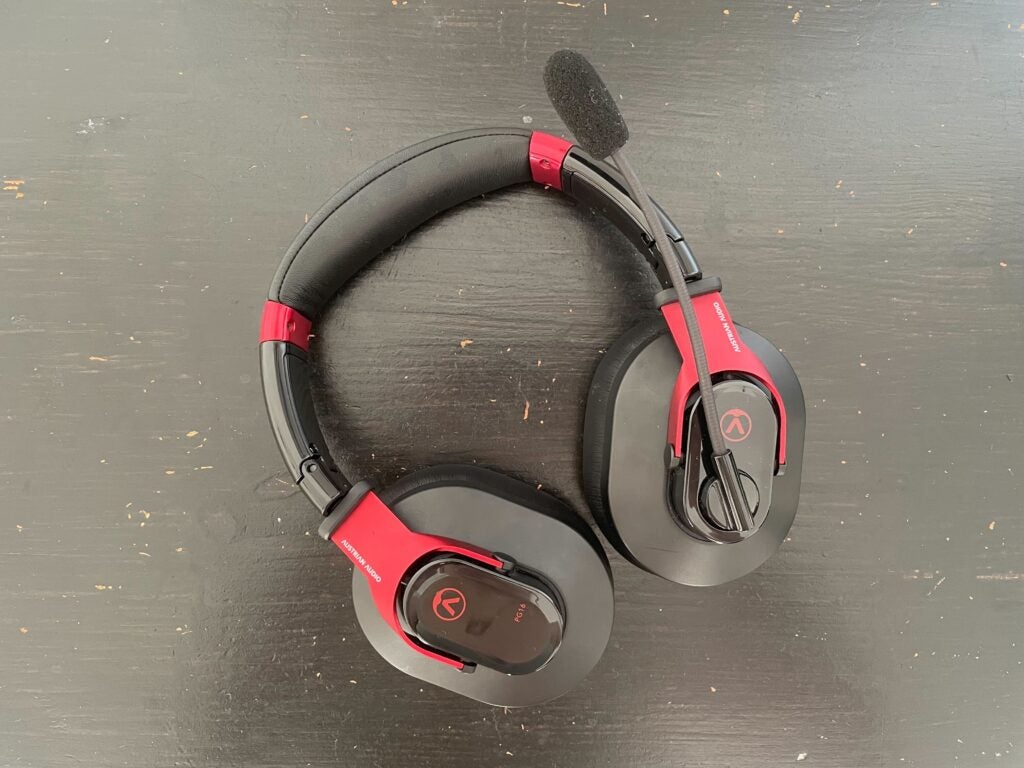
There are no physical buttons on the PG15, although you can detach the 1.4m audio jack cable that comes included. While I would have liked to see a volume wheel included, I do appreciate how minimalistic the design is, and I tend to find that when using wired headsets I default to using my device to alter the volume or pause gameplay, rather than the headset itself.
I was disappointed to find I couldn’t disconnect the microphone from the headset, meaning that I looked like a fighter pilot during video Zoom calls. However, it uses a flip-to-mute feature, which I find very handy, and flexible enough that I could make sure it wasn’t in my eye line or too close to my face during use. This may seem like a small feature but it can make a world of difference, especially when compared to headsets like the Corsair HS80 RGB, which has an annoyingly rigid mic.
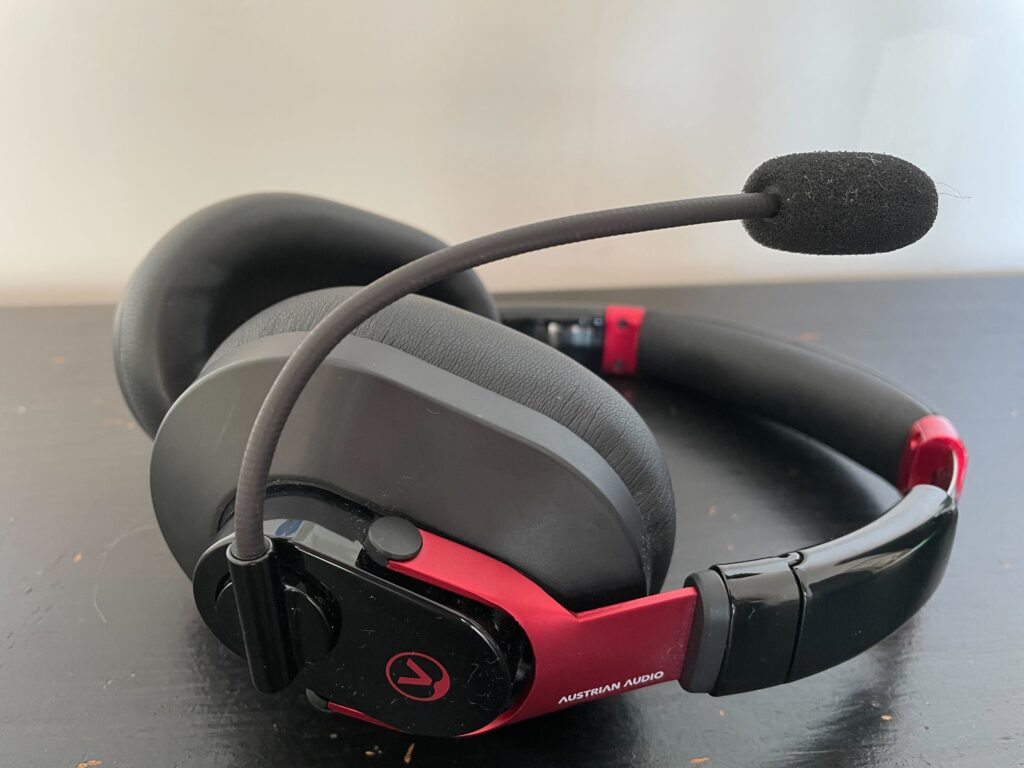
Since this headset connects via the 3.5mm audio jack, there are a lot of compatibility options here. I was able to connect it to my Nintendo Switch, gaming laptop and PS5 with no issues, and it can also be connected to the Xbox series, too.
Connecting was simple, with the headset registering quickly. I was upset to see no wireless connectivity options, like Bluetooth or a dongle connection, since other headsets like the Xbox Wireless and Sony Pulse 3D both have those capabilities at more affordable prices.
Despite wanting a wireless connection, I was pleased to find that the 1.4m cable was long enough for me to play comfortably on PC and PS5, although I wasn’t able to play while my Nintendo Switch was docked due to the set-up of my lounge. This wasn’t a dealbreaker, but it’s something to keep in mind if that’s your preferred way of playing the Switch.
Features
- No high-end features
- Paid companion app for PC
- No app support on iOS or Android
The Spatial Sound Card L app can be downloaded for free using the voucher that comes with the headset from a third-party company called New Audio Technology, though it can also be purchased separately from the Steam Store.
The app is only available on Windows and Mac, meaning that there is no support for anyone who wants to game on consoles or a mobile device. The interface is also more confusing than other audio software I’ve tried, like Razer Synapse and THX Spatial Audio.
Spatial Sound Card L does seem to assume that its users will have some prior knowledge about Windows audio drivers, which made it less accessible.
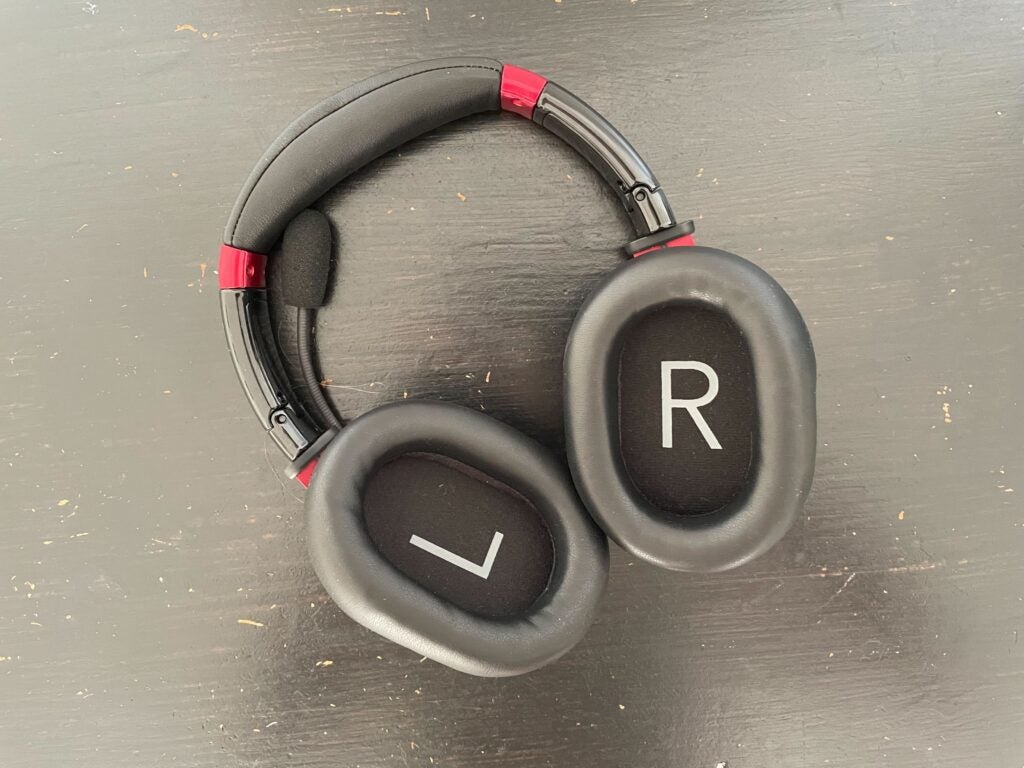
It also comes with modes like Paris, New York and Shanghai. I am still unclear on what these modes do, though they do seem to impact the audio. I ended up staying with New York, as it seems more punchy and vibrant, but I was confused to see audio modes named after locations, with seemingly no reason behind them.
Despite the high price, there aren’t too many features on the Austrian Audio PG16 headset. And while ANC is not the standard for gaming headsets, it can be found on the more affordable Razer Opus X, while immersive haptic feedback technology can be found on the similarly priced Razer Kraken V3 HyperSense.
That’s not a reason to completely write off the PG16 headset, but it’s worth taking note of if you’re interested in a headset that has more features and capabilities than what’s on offer here.
Sound quality and Microphone
- Great sound quality
- App allows for some customisation
- Microphone sounds clear
For all my moaning about a lack of features, the most important thing about this headset is the sound quality, and that is where this headset really shines. It comes with a 12Hz – 24Hz frequency range which is ideal when listening to music, allowing for deep bass to shine through in songs like A Little Less Conversation by Elvis Presley, giving the song more nuance while keeping the tone balanced and vibrant.
Brighter songs like Stressed Out by Rex Orange County also sound great; his voice sounds childlike and bouncy, with the piano and guitar coming through and rounding out the gentle aesthetic without taking any of the energy out of the song. Anyone who wants their gaming headset to double as a music device should consider the Austrian Audio PG16, as it packs a lot more nuance than you may expect.
I was really impressed at how it dealt with games, too; I played Hades on the Switch and found that the headset helped to emphasise the whispers of ghouls, and I could hear my spear cutting through enemies with more clarity than the Switch’s speakers.
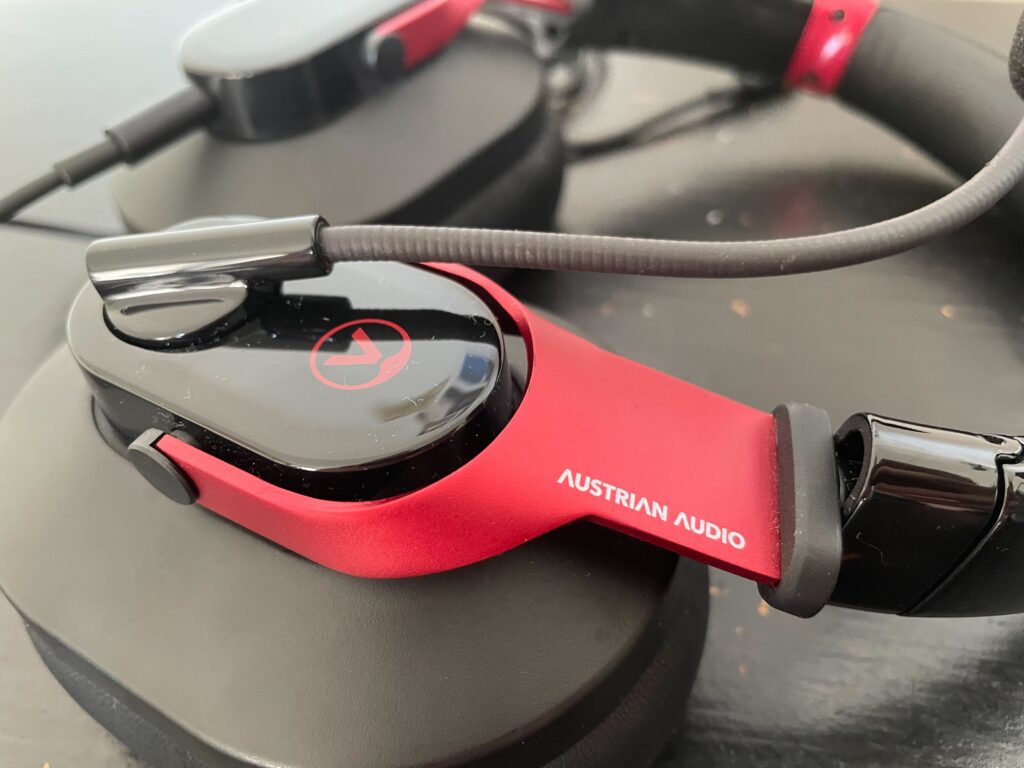
I also played Stray on the PS5 with the PG16 and found that it picked up on small details that I couldn’t catch from my TV’s audio system. The small, timid meows from my cat almost felt emotional with that much clarity, and I enjoyed listening to the drum of the city as I wandered through the streets. The purrs and deep sighs of my cat had a lot of focus, being immersive and realistic enough that it felt like a cat was sitting next to me for the majority of the game.
While I was able to test out the Spatial Sound Card L software on my gaming laptop, it sadly does not have any support for either iOS, Android or consoles. This was disappointing as I would have liked to see if it could have elevated those experiences, and anyone who likes to jump between platforms should be wary.
I played The Binding of Isaac: Afterbirth with and without Spatial Sound Card L, and I definitely preferred playing with the software turned on. I altered the software to emphasise the surrounding audio, and the game immediately felt more immersive and nuanced. The enemies sounded creepier, and I could distinctively hear the gruesome splat as they fell around my character during attacks.
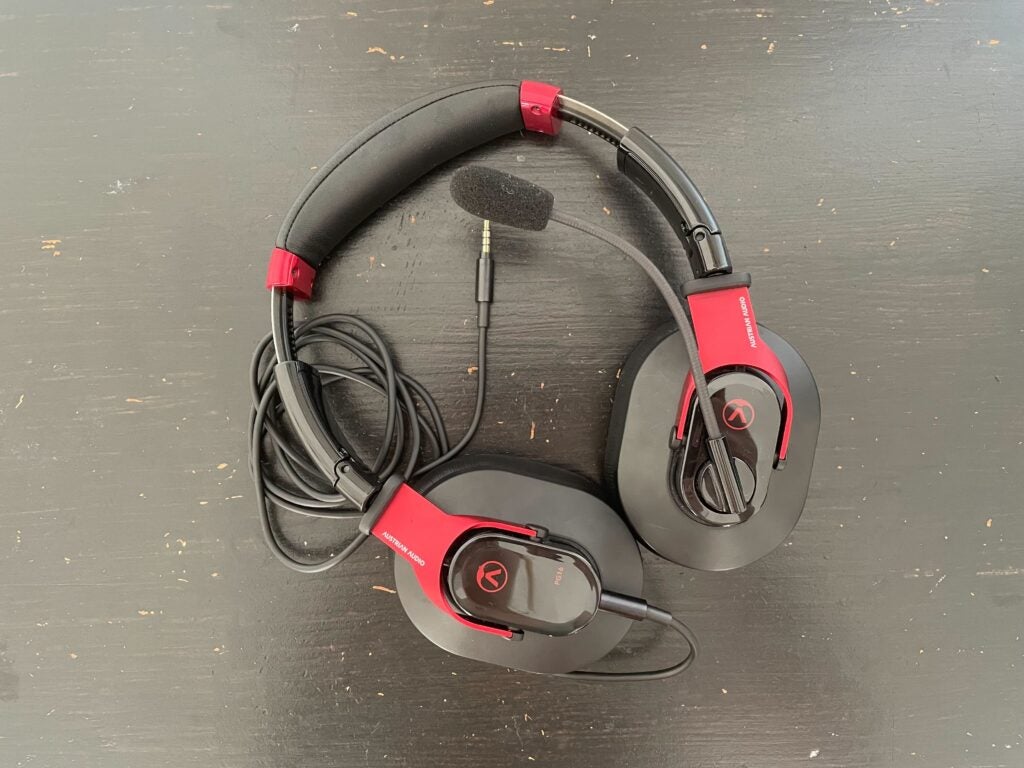
Generally, every aspect of the audio felt more layered and separated, creating a wider soundstage that elevated the aesthetic. I never thought the audio felt muddled or too crowded, and I was impressed at how much detail this headset was capable of, especially when I toggled the audio software to my liking.
The audio is still impressive without the software, but I did prefer using it. Overall I thought the quality of different devices was consistent and that the audio performance was immersive and detailed.
I thought that the microphone was also very good. I never experienced any issues during Zoom or Discord calls, and running my voice through a sound app like Audacity showed that my voice was clear and understandable, with no issues of distortion or drops in quality.
Latest deals
Should you buy it?
You want a quality PC headset
The Austrian Audio PG16 headset provides nuanced and detailed audio that really shines on the PC thanks to the Spatial Sound Card L app. It has a sleek design and is comfortable to wear, and is very versatile thanks to the 3.5 audio jack.
You want a headset with more features
Despite the great audio quality, this headset is barebones when it comes to features; there is no option for a wireless connection and high-end features are not present. Plus, the companion app can only be found on PC, meaning that it might not be ideal for anyone who wants to jump between platforms.
Final Thoughts
I enjoyed my time using the Austrian Audio PG16 headset; the audio was great and provided an immersive experience, picking up on small details in both music and gameplay audio that elevated my experience and made gaming more enjoyable.
However, I think that this headset is pretty barebones for its price. There is no option for a wireless connection and no high-end features, unlike other headsets in this price range. I was also disappointed to see that the companion app was limited to PC, and I thought the interface on the app itself was overly confusing.
I would recommend this headset to a PC gamer who’s a self-acclaimed audiophile, as it does provide great sound quality. But anyone who wants to jump between consoles and platforms, or is looking for a feature-heavy headset should look towards brands like Razer, Logitech and EPOS.
How we test
We use every headset we test for at least a week. During that time, we’ll check it for ease of use and put it through its paces by using it in a variety of games, as well as playing music in order to get the full experience.
We also check each headset’s software (if applicable) to see how easy it is to customise and set up.
Use as our primary gaming headset for at least a week.
Tested with a variety of games.
Also tested with music playback.
FAQs
This headset comes with access to a companion app, Spatial Sound Card L, which aims to provide virtual 7.1 surround sound effects. Other than that, it does not come with any high-end audio features.
While the headset is not verified for Discord, it can be used on the app or website. It is TeamSpeak certified.
In the UK this headset can be found in various third-party retailers for an average price of £149.
Full specs
Sustainability
TrustedReviews’ holds the fact that global warming is not a myth as a core value and will continuously endeavor to help protect our planet from harm in its business practices.
As part of this mission, whenever we review a product we send the company a series of questions to help us gauge and make transparent the impact the device has on the environment.
We currently haven’t received answers to the questions on this product, but will update this page the moment we do. You can see a detailed breakdown of the questions we ask and why in our sustainability info page.


